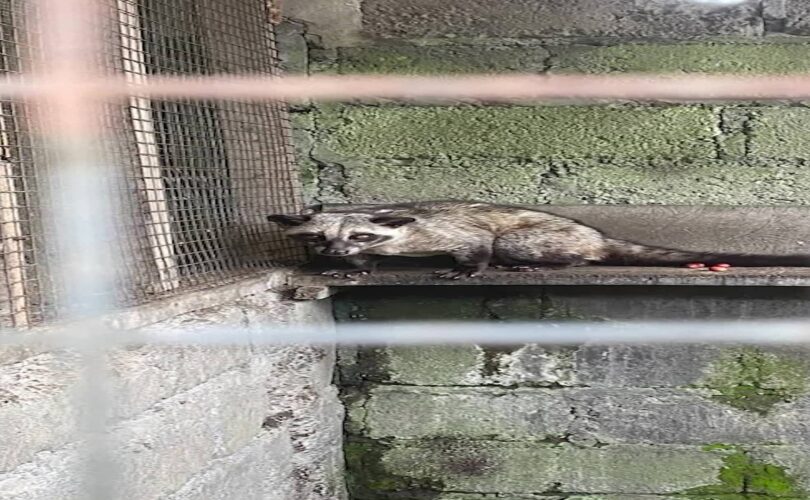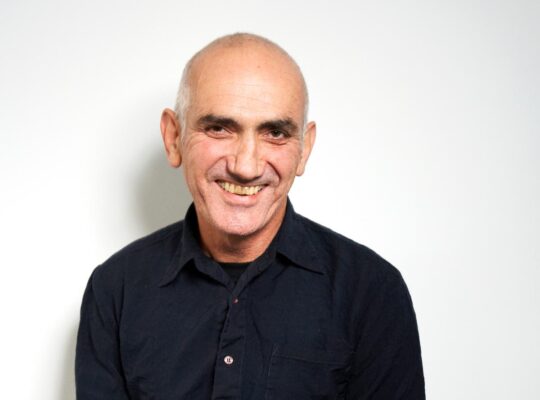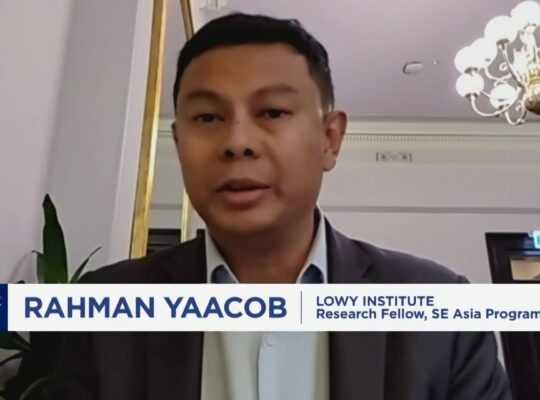Kopi luwak, or civet cat coffee, is a unique and expensive type of coffee that has gained popularity in recent years. This coffee is made from beans that have been eaten, digested, and excreted by civet cats, a small mammal native to Indonesia.
The process of making civet cat coffee is quite unusual. The civet cats eat ripe coffee cherries, digest the flesh of the fruit, and excrete the beans without fully digesting them. The beans are then collected from the feces, cleaned, roasted, and brewed into coffee.
Despite its high price tag and exotic appeal, civet cat coffee has come under fire from animal rights organizations such as PETA. The organization has raised concerns about the welfare of the civet cats involved in the production of this coffee. Many civet cats are kept in captivity in cramped cages, fed a diet of only coffee cherries, and forced to produce large quantities of coffee beans.
PETA warns that this treatment of civet cats is a form of animal abuse and urges consumers to boycott civet cat coffee. The organization advocates for ethical and sustainable coffee production practices that do not harm animals.
In response to these concerns, some coffee producers have started to implement more humane methods of collecting civet cat coffee. These producers allow civet cats to roam freely in their natural habitats and collect the beans from the wild instead of keeping them in captivity.
While civet cat coffee remains a controversial and divisive topic in the coffee industry, consumers can make informed choices by researching the origins of the coffee they purchase and supporting ethical and sustainable coffee producers. By choosing coffee that is produced without animal cruelty, consumers can enjoy their cup of joe without contributing to the harm of civet cats.







